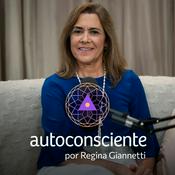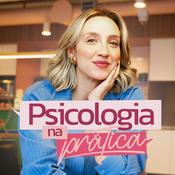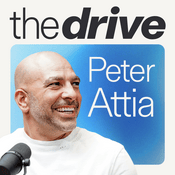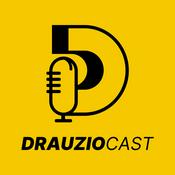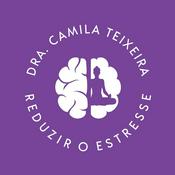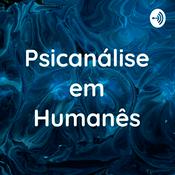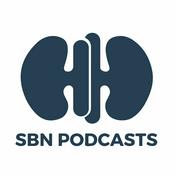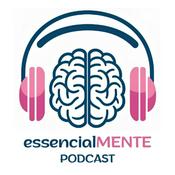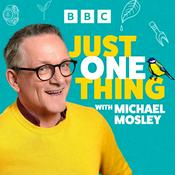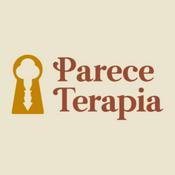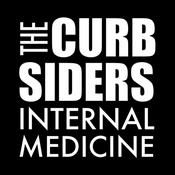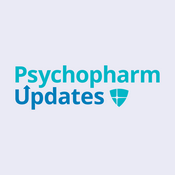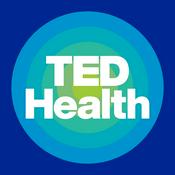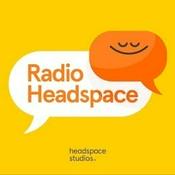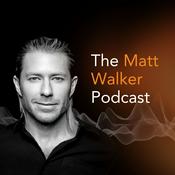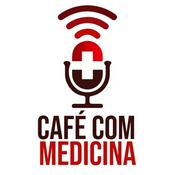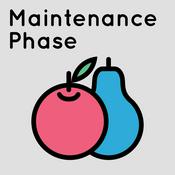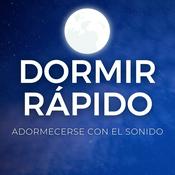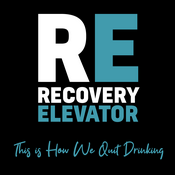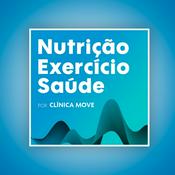49 episódios

Training The Next Generation of Psychedelic Assisted Therapists with Peter Hunt from Mind Medicine Australia
13/2/2023 | 52min
On 1 Feb the Therapeutic Goods Administration (TGA) announced that - from the 1st July 2023 - the medical use of MDMA and Psilocybin will be rescheduled from Schedule 9 (prohibited substances) to Schedule 8 (controlled medicines) of the Poisons Standard. This will enable authorised psychiatrists to prescribe these substances for treatment-resistant depression and treatment resistant post-traumatic stress disorder. Today we speak with Peter Hunt who is not your conventional mental health practitioner. Peter is in fact a career investment banker with 35 years of experience as a banker. He has advised local and multi-national companies and governments in Australia. The reason why we’re speaking with Peter is also an active philanthropist involved in funding, developing and scaling social sector organisations with the goal to create a better and fairer world. Specifically, Peter is the Chairman of Mind Medicine Australia which he established with his wife, Tania de Jong, in 2018. Mind Medicine Australia supports clinical research and works towards regulatory-approved and evidence-based psychedelic-assisted therapies. In our conversation today we explore a course that Mind Medicine Australia has developed to help train the next generation of clinicians. Peter shares his views on the applications of MDMA and psychedelic assisted therapy as well as some of his own personal journey. You can connect with Mind Medicine Australia via their website mindmedicineaustralia.org.au

Psychedelic Therapy Research in Australia With Dr. Stephen Bright from PRISM
30/1/2023 | 55min
Dr Stephen Bright is a clinically trained psychologist and senior lecturer on addiction at Edith Cowan University. Dr. Bright is the director of PRISM, the Psychedelic Research in Science and Medicine organisation which is a not for profit, independent research charity developing medical and legal processes for the application of psychedelic medicines for improved well being in Australia. In this conversation Dr. Stephen shares an update on the research for MDMA and psylicybin in the US and Australia, some of the results of the studies, the reactions from the clinical community, regulators and the public as well as Dr. Bright’s view on how psychedelic assisted therapy will come to play a role in clinical practice. Some websites we discussed: https://clinicaltrials.gov/ is the platform to find out which studies are running https://www.prism.org.au/prismsresearch/ is a summary of research and PRISM’s website You can connect with Dr. Bright here: [email protected] The drug-harm chart by Prof David Nutt has been summarised well here: https://www.businessinsider.com/chart-drugs-that-cause-the-most-harm-2013-9 The original paper from Prof David Nutt was published in the Lancet and can be found here: https://www.researchgate.net/publication/47635105_Nutt_DJ_King_LA_Phillips_LD_Drug_harms_in_the_UK_a_multicriteria_decision_analysis_Lancet_376_1558-1565

Shift Work and Sleep with Dr. Tracey Sletten
18/1/2023 | 58min
Today we’re speaking with Dr. Tracey Sletten, a senior research fellow from the Turner Institute for Brain and Mental Health at Monash University. Dr. Sletten is an expert on sleep and in our conversation we do a deep dive into how shift work affects sleep and how to improve sleep as much as possible while still working as a shift worker. If you’d like to connect with Dr. Tracey or her team you can do so via [email protected] or on twitter @tracey_sletten

I Shot Myself at 16 and Survived - Emma Benoit’s Story
07/9/2022 | 1h 1min
At 16 Emma attempted suicide and was left paralyzed. Now, at 21, Emma is a passionate mental health advocate. She take us on a journey of what led up to her attempt and her thought processes immediately before, during and after and ultimately her recovery. Emma reflects on meaningful ways in which to reach out and support someone that may be at risk. She now uses her story as a powerful instrument to support others. Emma’s story is particularly relevant this week as it’s suicide prevention week. You can reach out to Emma’s team as well as finding out how to watch her incredible documentary My Ascension here: https://www.myascension.us/ For emergency support contact: 13 11 14 in Australia for Lifeline, a crisis support and suicide prevention service 1800 273 8255 in the USA for the National Suicide Prevention Hotline

Can Poor Sleep Cause Mental Illness? with Prof Sean Drummond
05/7/2022 | 49min
Today we continue speaking with Professor Sean Drummond, a Cognitive Neuroscientist and Clinical Psychologist at the Turner Institute for Brain and Mental Health at Monash University. In part 2 of our conversation, we explore the relationship between poor sleep and mental illnesses - how one can be caused by the other. We talk about cognitive based therapy for insomnia (CBTI), the current gold standard for the treatment of poor sleep, medication for insomnia and the role that it has in treatment. Finally we circle around to the resources available to help people with poor sleep, and some tips to achieve better quality sleep. Resources: The Australasian Sleep Association (offers a list of providers) https://www.sleep.org.au/ The Sleep Health Foundation https://research.monash.edu/en/persons/sean-drummond
Mais podcasts de Saúde e fitness
Podcasts em tendência em Saúde e fitness
Sobre Mental Health
Ouça Mental Health, Huberman Lab e muitos outros podcasts de todo o mundo com o aplicativo o radio.net
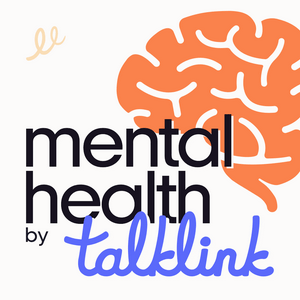
Obtenha o aplicativo gratuito radio.net
- Guardar rádios e podcasts favoritos
- Transmissão via Wi-Fi ou Bluetooth
- Carplay & Android Audo compatìvel
- E ainda mais funções
Obtenha o aplicativo gratuito radio.net
- Guardar rádios e podcasts favoritos
- Transmissão via Wi-Fi ou Bluetooth
- Carplay & Android Audo compatìvel
- E ainda mais funções


Mental Health
baixe o aplicativo,
ouça.

